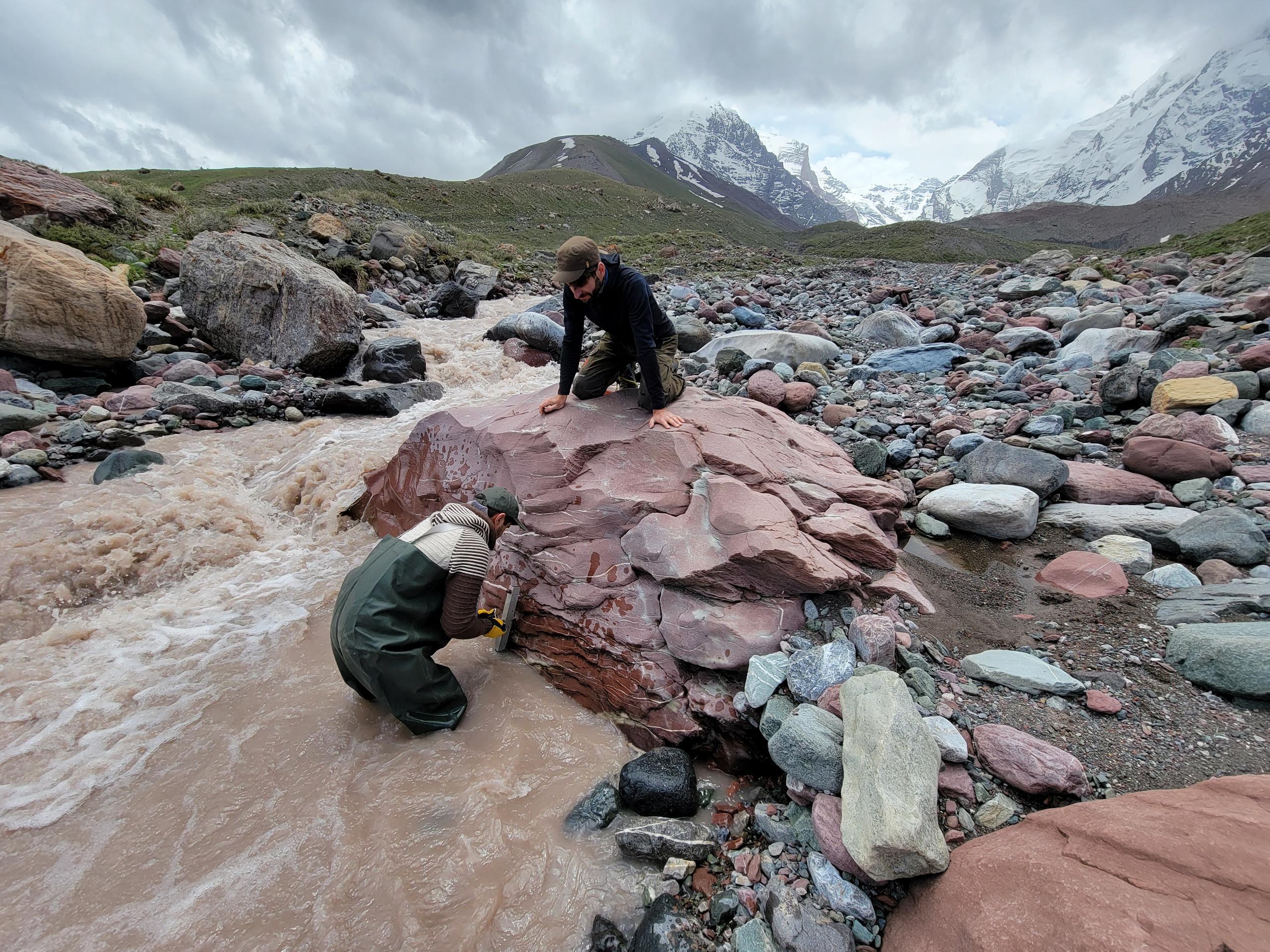
Lack of money causes Swiss innovation to lag

For the first time in four years, Switzerland was conspicuous by its absence from the annual Technology Innovation Awards run by the “Wall Street Journal”.
In the previous three years, Swiss companies managed consistently to capture gold, silver and bronze based on their innovations in materials, biotech, and computing.
But this year only a handful of Swiss teams made into the semi-finals, and none exhibited a sufficient amount of innovation to make it to the top of the rankings, according to Jane Royston, a professor of entrepreneurship at Lausanne University, who has been on the WSJ awards jury for several years.
The paper’s editors looked for “innovativeness”, clarity of explanations and whether the innovation was covered by patents or had achieved some kind of track record.
The WSJ sifted through 585 applications from more than 24 countries. Its editors then selected 120 semi-finalists, and the winners were chosen by an independent panel of judges from such companies and organisations as Siemens, the Cleveland Clinic, Agilent Technologies and the Swiss Federal Institute of Technology.
Worrying trend
Royston sees the Journal’s competition results as illustrative of a worrying trend.
“I feel there is a general reduction in entrepreneurial teams emerging these days,” said Royston.
She offered another example, the latest list of “hot” start-ups from the French-language “PME Magazine”, which belongs to the “Handelszeitung” publishers in Zurich.
“Each year, PME publishes a list of top start-ups from the Suisse Romande [French-speaking Switzerland], but this year there were no new names,” said Royston.
“Frankly, I knew most of those companies and they’ve been around for years.”
One reason for the failure by Swiss firms could be the WSJ’s decision to extend the pool of potential winners to include companies from around the world. But Royston challenges this view.
“I don’t think it is because Swiss innovation is any less globally important. I think it could be the combination of several factors, one being that university research is shifting more towards science, the ‘R’ part of R&D, something that began maybe five years ago. That’s a trend that would be having an impact now,” she said.
Avenir Suisse
But Xavier Comtesse of the Avenir Suisse think tank does not agree.
“Discoveries are still being made. There are still the same number of papers describing scientific breakthroughs being published,” said Comtesse.
The real problem is a lack of money, according to the chief of the think tank’s business unit for French-speaking Switzerland.
“To take a discovery to the market costs millions,” said Comtesse. And that money usually comes from venture capital firms.
He added that the Swiss venture-capital industry, which was nascent in the late-1990s, had failed to recover from the boom and bust of the technology speculation bubble.
While “business angel” investors had continued to invest throughout the past few years, the amounts available were still too small, he said.
The Avenir Suisse executive pointed to the example of ID Quantique in Geneva as evidence of the trend. The start-up company is commercialising a breakthrough in quantum computing technology.
It is seen by its competitors as the firm to beat in the innovative technology that it is commercialising.
“ID Quantique has world-class technology and patents, but it had to go to a wealthy investor abroad to get the money it needed,” said Comtesse.
Lack of cash
Deal data gathered by VentureOne and Ernst & Young seem to bear out Comtesse’s view.
The survey for the third quarter reported that around €41 million (SFr62.5 million) was invested in eight financing rounds for Swiss firms.
This is well down on the €114 million in eight rounds in the second quarter of 2004.
In the first quarter a mere €6.2 million was raised. The volume of financing is low and the targets are more advanced firms. Those that attract capital are established and well on their way to commercialising their innovations.
What is more, venture capital is clumping into the biotech and life science sectors.
The Swiss high-tech landscape is actually comprised of a more diverse and wider range of endeavor, including telecommunications, information technology, new materials, instrumentation, electronics and optics, and environmental technologies.
Without healthy flows of capital, these sectors are endangered, along with the high paying jobs that go with them.
“Venture capital is the fuel of innovation, and we are starting to see the results of that shortfall,” said Comtesse.
by Valerie Thompson

In compliance with the JTI standards
More: SWI swissinfo.ch certified by the Journalism Trust Initiative






































You can find an overview of ongoing debates with our journalists here . Please join us!
If you want to start a conversation about a topic raised in this article or want to report factual errors, email us at english@swissinfo.ch.